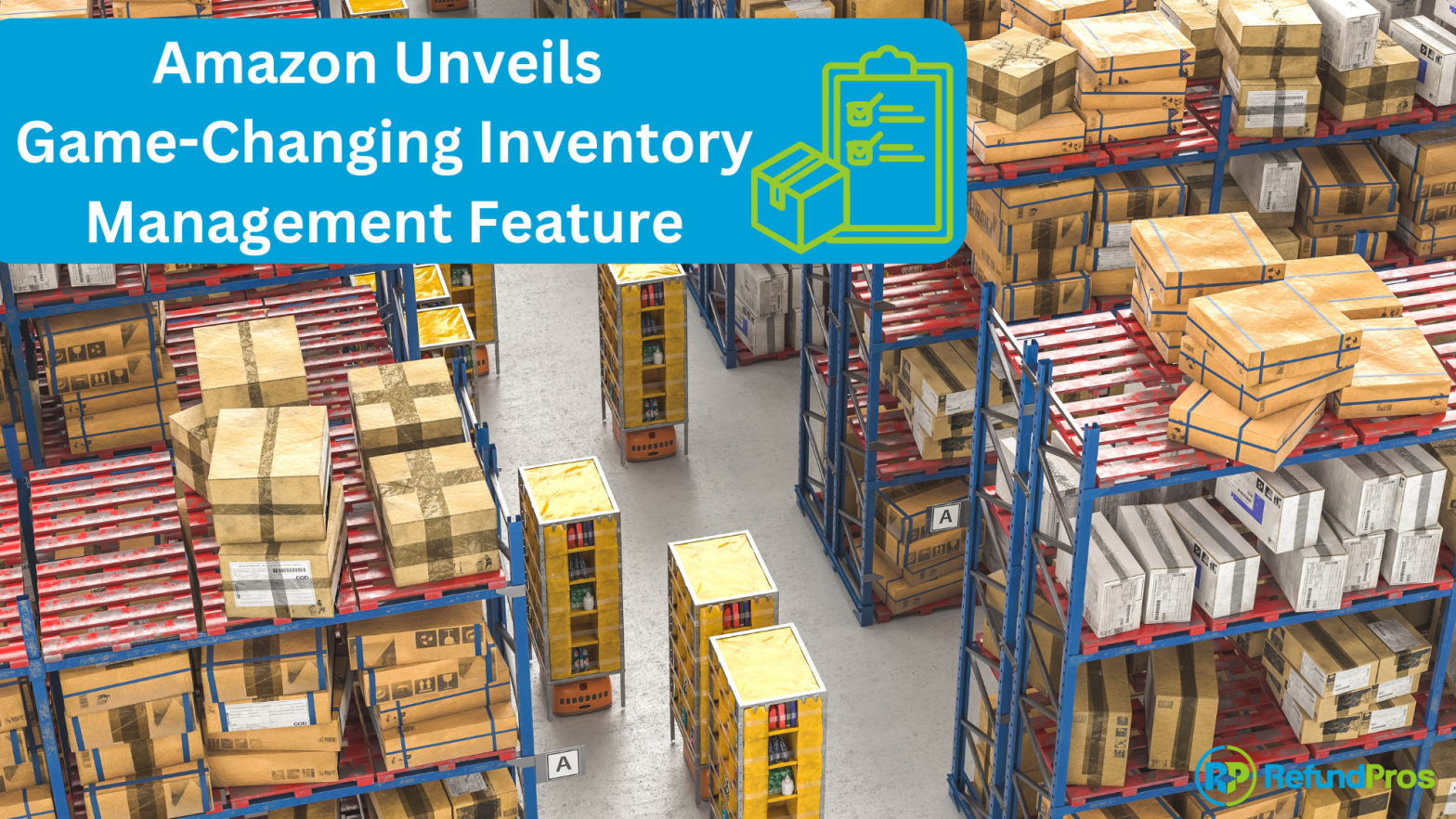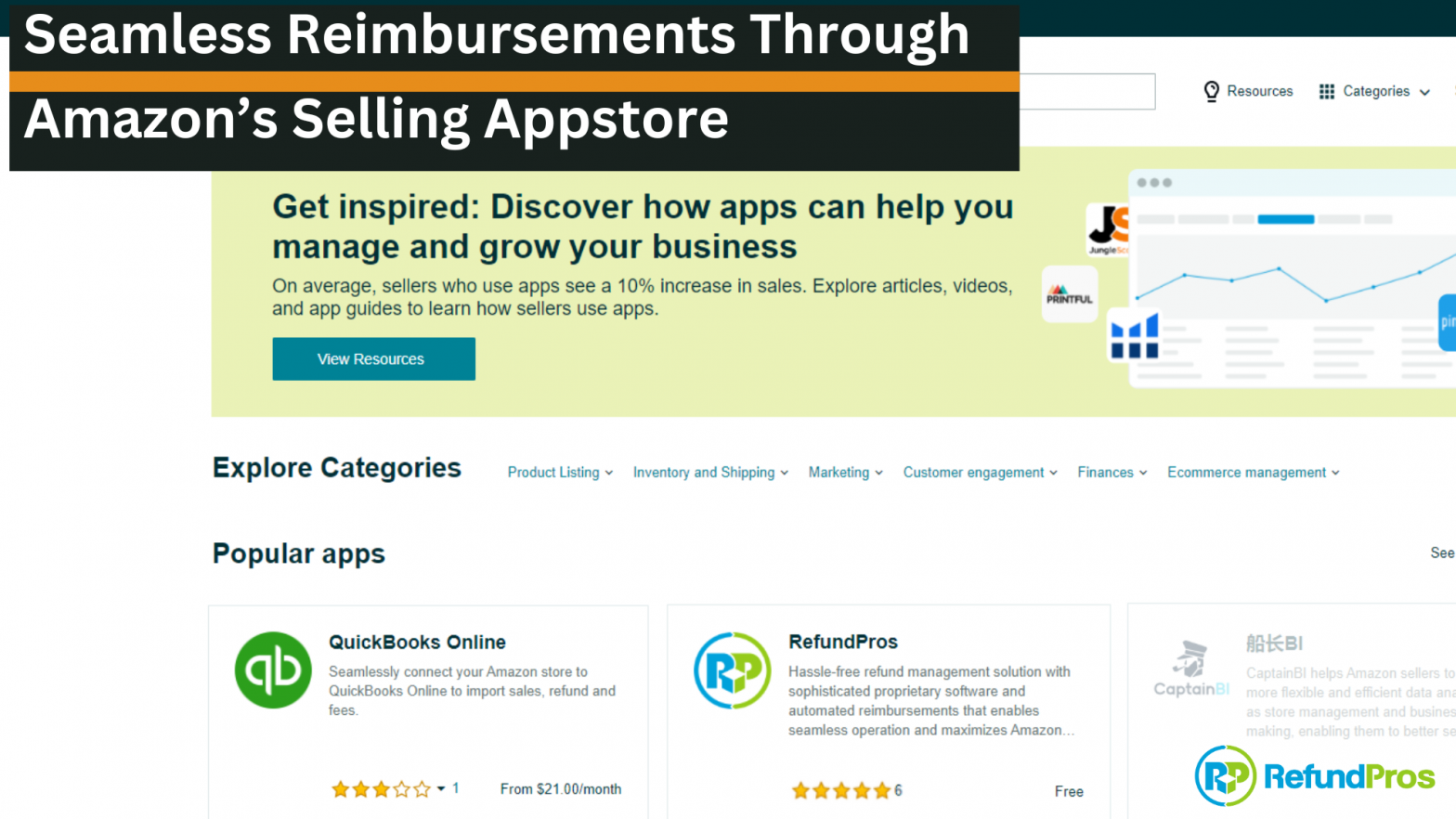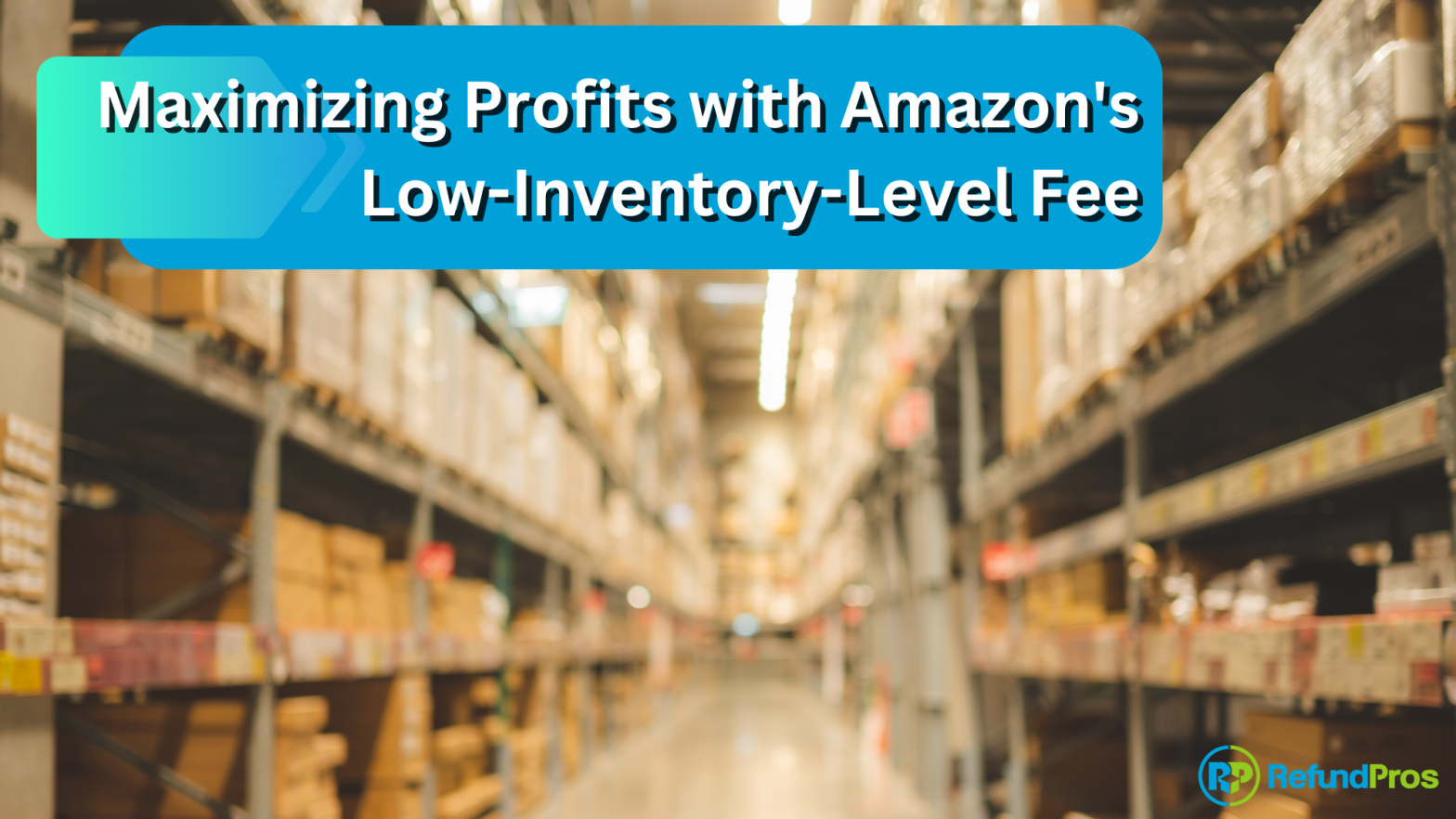What is dropshipping?
Dropshipping is a business model in which retailers sell products to customers without having to keep inventory in stock. Instead of purchasing and storing products themselves, dropshipping retailers partner with suppliers or wholesalers who fulfill the orders by shipping the products directly to the customers. In this arrangement, the retailer acts as a middleman, handling the marketing, customer service, and order management, while the supplier takes care of inventory management and order fulfillment.
For retailers already utilizing Fulfillment by Amazon (FBA), exploring additional avenues to grow their businesses is always a top priority. Dropshipping, with its unique advantages and complementary nature to FBA, presents an intriguing opportunity for FBA retailers to expand their reach, diversify their product offerings, and maximize their profitability.
Diversification of Product Catalog:
FBA retailers often have a well-established inventory and fulfillment infrastructure in place, allowing them to handle a wide range of products efficiently. By incorporating dropshipping into their business model, they can expand their product catalog even further without the need for additional storage space. This opens up opportunities to cater to different customer segments, experiment with new product categories, and tap into niche markets that may not have been feasible with FBA alone. Diversification not only expands revenue streams but also mitigates risks associated with overreliance on a single product line or supplier.
Increased Market Reach:
While FBA provides excellent fulfillment services, it primarily caters to customers on Amazon’s platform. By integrating dropshipping, FBA retailers can extend their market reach beyond the Amazon ecosystem. Dropshipping allows them to sell on multiple online marketplaces, their own e-commerce websites, or even through social media platforms. This expanded presence increases visibility and enables retailers to reach a broader audience of potential customers. By tapping into different sales channels, FBA retailers can capitalize on their existing brand reputation while capturing new markets and customer segments.
Cost Optimization:
Dropshipping offers cost advantages for some FBA retailers. FBA retailers who purchase and store inventory upfront, incur associated costs such as warehousing, inventory management, and shipping to Amazon’s fulfillment centers. In contrast, dropshipping eliminates the need for upfront inventory investment and associated carrying costs. Retailers only pay for the products they sell, reducing the risk of dead stock and freeing up capital for other business needs. This leaner approach to inventory management can significantly improve cash flow and increase overall profitability.
Agility and Product Testing:
Dropshipping provides FBA retailers with the flexibility to test new product ideas and market trends with minimal risk. Instead of committing to large quantities upfront, retailers can list and promote new products through dropshipping arrangements, gauging customer interest and demand before making significant investments. This agility allows FBA retailers to stay ahead of the competition, adapt quickly to changing consumer preferences, and capitalize on emerging trends in real-time. Successful products can then be transitioned to FBA for more efficient fulfillment once demand is established.
Operational Streamlining:
Integrating dropshipping alongside FBA allows retailers to streamline their operations further. FBA retailers can optimize their inventory management by strategically using dropshipping for products with slower turnover or items that require specialized suppliers. By focusing their FBA resources on fast-moving or high-demand products, retailers can improve overall efficiency and reduce fulfillment costs. Moreover, dropshipping partnerships can help FBA retailers access unique suppliers and negotiate competitive pricing, further enhancing their competitiveness in the market.
For retailers already utilizing FBA, dropshipping represents a strategic opportunity. By leveraging the strengths of both models, FBA retailers can expand their businesses, tap into new markets, and drive long-term growth. Careful planning, effective inventory management, and strategic partnerships are key to successfully integrating dropshipping into the existing FBA framework. With the right approach, FBA retailers can maximize their potential and thrive in the dynamic world of e-commerce.






